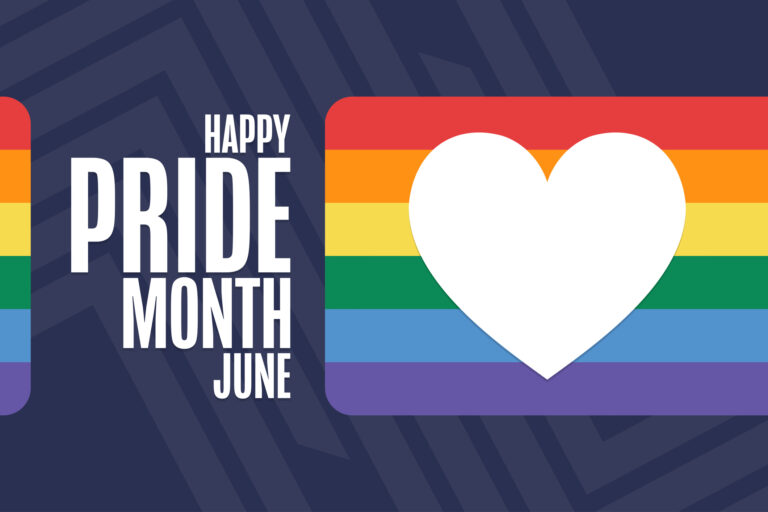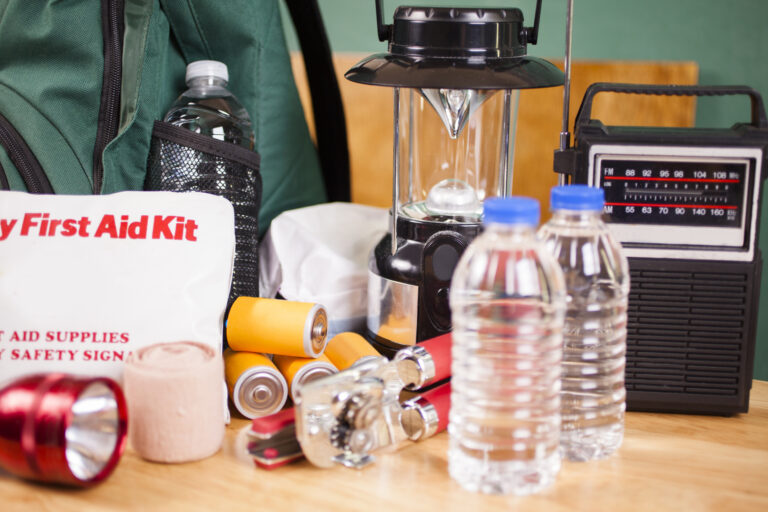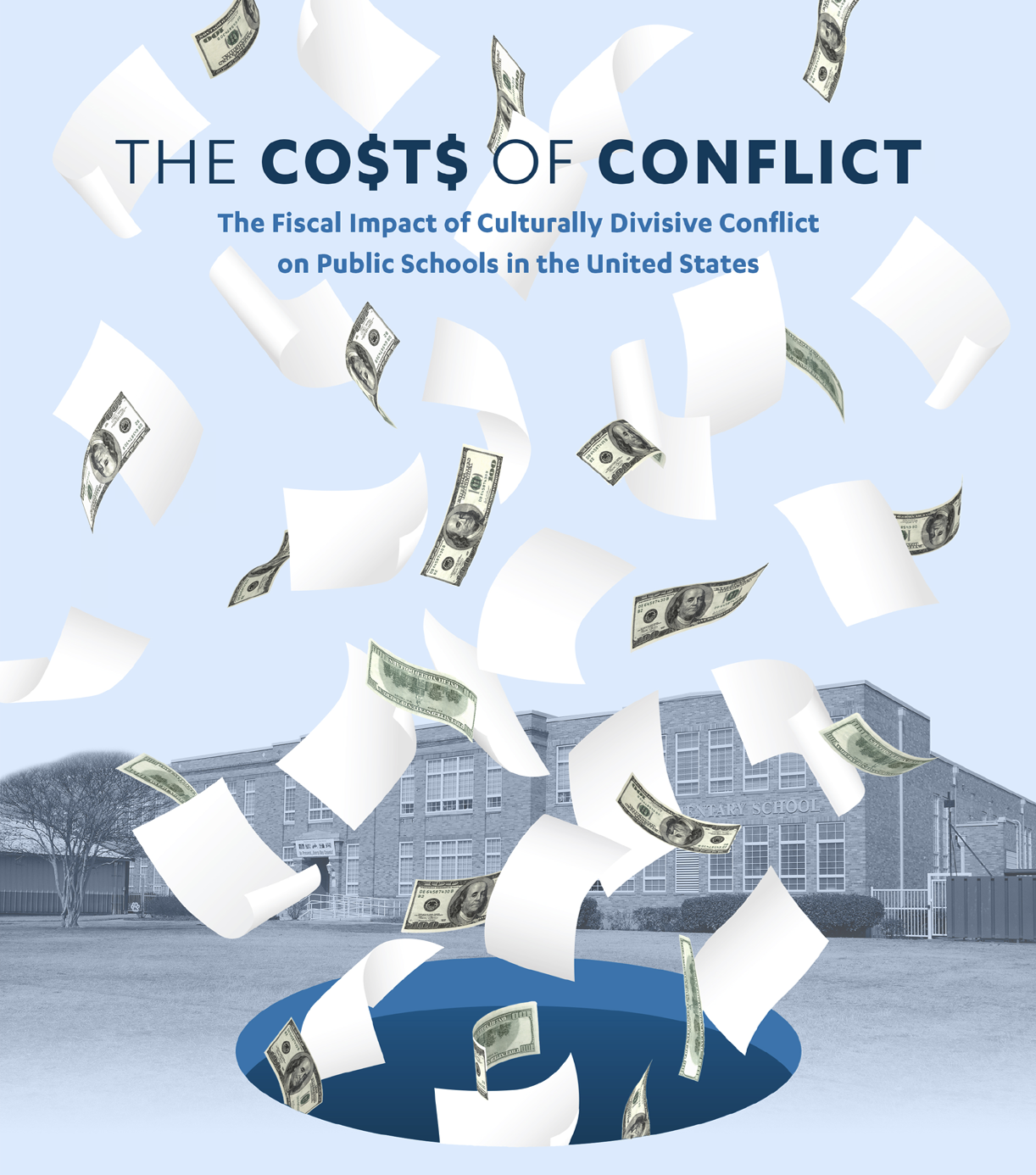Assessing your “wellness buckets” will actually make you feel better
By Ana Reyes, M.Ed.
Even prior to the pandemic, self-care was talked about often and touted as the answer to how to be your best self. After the pandemic, self-care became an even hotter topic. We are bombarded with images, almost always of women, who are excelling in their careers, having a fun girls’ night out, making bento box lunches with little notes for each of their children, exercising five times a week, and in perfect, loving and supportive marriages, with immaculately clean and organized homes. And the answer to how you, too, can achieve all of this and live a wonderfully happy and fulfilling life — make sure you are doing self-care. Every day, self-care. I am not here to argue with the idea that self-care is important, I wholeheartedly agree with this statement. What I do take issue with is the idea that a scented candle or new organizer (with colorful stickers!), or a juice cleanse will allow you to find the perfect work-life balance and achieve overall well-being. Additionally, the bombardment of self-care products and services, and the constant barrage of messaging on how important self-care is has really just stressed me out even more. Now (on top of everything else) I have to somehow squeeze in a lavender-scented bubble bath … and enjoy it. Otherwise, I am not doing self-care, and I have only myself to blame if my life feels unbalanced and out of control. How could it not be? I’m not doing enough self-care!
The idea of self-care and the products and services that are marketed to women have made me feel like self-care is one more thing to add to my rapidly growing to-do list. And if you have to put self-care on a to-do list, does it even really count as self-care? I’m here to offer a different take on self-care.
The bombardment of self-care products and services and the constant barrage of messaging on how important self-care is, has really just stressed me out even more.
I read a post from Marcus Buckingham, researcher and New York Times best-selling author, in November 2022, and it changed the way I started thinking about self-care and work/life balance. He wrote, “Have you ever struggled with the question: How do I find work/life balance?” (You had me at hello, Mr. Buckingham.) He goes on, “What we must all realize once and for [all] is that this is the wrong question. Balance is not only nigh on impossible to achieve, but even if you did, on one day next week, find the perfect work/life balance — well, then you’d be stuck, silently hoping that nothing and nobody would move and so upend your perfect work/life balance … Balance is stagnant … Health is motion. So, the question that each of us must strive to answer is not, how can I find work/life balance? But instead: How can I move through each of the domains of my life, work, parenting, friendships, hobbies, community and draw the nourishment I need to keep moving.” Bam. I felt like I had been slapped in the face and finally realized that all this time, I was striving for something unattainable. Granted, deep down, I knew it was unattainable, but the blitz of images and products I saw every day continued to make me think otherwise.
I began to look into health and wellness more deeply, for myself and for my role at the Santa Clara County Office of Education. What I learned was that overall wellness isn’t just one thing. It isn’t just about emotions or being able to run a marathon. Overall wellness is made up of many different categories. The categories identified range from five to 10 different “buckets.” I choose to use the eight that are recognized by the National Institutes of Health: Physical, Intellectual, Emotional, Social, Spiritual, Vocational, Financial and Environmental. The idea is that in order to be in a state of “overall positive well-being,” you need to be well in each of these areas. Each of these well-being areas is a bucket, and each of these buckets needs to be filled.
If we pair this idea with Buckingham’s thoughts on attending to the different domains in one’s life, a clear path towards well-being can be seen. What we need to do is take stock of each of the areas of well-being that play into our overall wellness and attend to the specific areas where our buckets are empty. Doing this also redefines what self-care is and should be.
I felt like I had been slapped in the face and finally realized that all this time, I was striving for something unattainable.
When I take stock of my buckets, I may find that most feel pretty full. But perhaps my Vocational and Financial buckets are empty or, at the very least, lower in level than the other six buckets. By thinking specifically about what areas I am struggling in, I can explicitly address these areas. Taking a bubble bath is not going to help fill my Vocational Bucket. Doing yoga is not going to add to the water level of my Financial Bucket. So, while I may be doing “self-care,” I am not going to actually feel any better in my overall wellness because I haven’t pointedly addressed what is causing me to feel “unwell.” However, if I revamp my résumé and search for a job that aligns more with my values, or if I make an appointment with a financial advisor, two things that most people would not say fall into “self-care,” I will actually feel better. My overall well-being will improve because I have concretely taken action to address the areas of my wellness that are lacking.
My suggestion to everyone is to set aside time, at least monthly if not weekly, to take stock of your wellness buckets. Which ones are full? Which ones need attending to? And then create a plan that will help fill up those lower buckets. It could be that you feel your Spiritual Bucket is needing attention, and so you choose to meditate or do mindfulness — great! It could also be that your Intellectual Bucket needs filling, so you sign up for an online course — also, great! Expanding our idea of what self-care is means that anything we are doing to directly address areas of need in our lives becomes self-care. And when you do this, self-care is taken off of your to-do list, and just operationalized into your life.
Now, I already know what you are thinking. “What if all of my buckets are empty? Where do I even begin?” Unfortunately, I think many people are in this situation currently, and have been for a while. I don’t have an answer for this, but I do have a few suggestions. First, you can try to address the most pressing area of your well-being. Where do you feel the emptiest? What is causing you the most distress daily? Tackle this bucket first. Alternatively, you can look for the low hanging fruit. Which of the areas would be the easiest for you to tackle and add water to? Getting some traction by addressing the simplest area could help propel you forward to tackling the other areas.
And finally, I offer this: Where can you get a two- or even three-for-one? What can you do that will address multiple buckets? Going on a walk with friends in nature (Social, Physical, Environmental, Emotional). Taking a class that will advance your career (Vocational, Intellectual, Financial). The point really is that self-care needs to work for you. You need to choose what and how to address the areas of well-being in your life. It needs to work in your life and not be a burden. A burden, by definition, cannot be self-care.
There may be a day when all of your buckets are full — enjoy that day! Because as Mr. Buckingham states, “health is motion,” so tomorrow will bring with it change, and some of your buckets will begin to empty. But now you know that is normal, that is life, that is health. And even better, now you know how to deal with it and re-fill those buckets.
Ana Reyes, M.Ed., is assistant director of Human Resources with Santa Clara County Office of Education.






























Great job Ana! You nailed it and this will resonate with so many people.